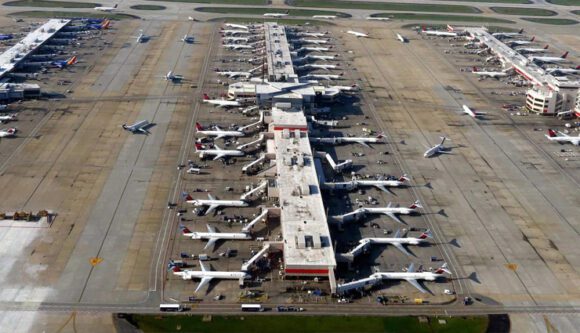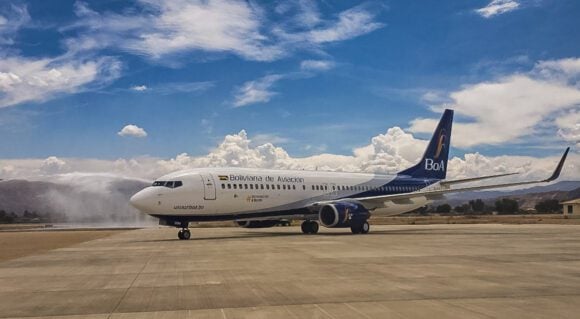
Table
The N4b ($10.51m) bailout for Nigerian airlines by the government following the impact of the COVID-19 pandemic is grossly inadequate to solve the myriads of problems confronting them.
Yes, some did not agree that the carriers should be assisted with state funds because of how similar assistance to the airlines in the past went awry with claims and counterclaims by airline operators that the money did not go to them but rather to commercial banks for the settlement of their indebtedness to commercial banks.
Nobody is sure if the over N80 billion largesse handed to the carriers in 2011 has been recouped by the government. But the reality is that many countries in Africa and other places have seen the danger of standing aloof while airlines collapse before their eyes.
Aviation all over the world provides the only rapid worldwide transportation network, which makes it essential for global business. It generates economic growth, creates jobs, and facilitates international trade and tourism.
According to Oxford Economics, the aviation sector in Nigeria contributes N119 billion (0.4%) to Nigerian GDP. This total comprises; NGN 59 billion directly contribute through the output of the aviation sector (airlines, airports, and ground services); N34 billion indirectly contributed through the aviation sector’s supply chain, and N27 billion contributed through the spending by the employees of the aviation sector and its supply chain.
In addition, there are N78 billion in catalytic benefits through tourism, which raises the overall contribution to NGN 198 billion or 0.6% of GDP.
The aviation sector supports 159,000 jobs in Nigeria. This total comprises 44,000 jobs directly supported by the aviation sector; 64,000 jobs indirectly supported through the aviation sector’s supply chain; and 51,000 jobs supported through the spending by the employees of the aviation sector and its supply chain. In addition, there are a further 130,000 people employed through the catalytic (tourism) effects of aviation. This underscores the importance of the industry to any country and one that cannot be toyed with.
The problem of the airlines predates COVID-19. The truth of the matter is that Nigerian airlines and many other airlines in Africa struggled to survive churning out profits barely enough to sustain a very capital intensive airline business. COVID-19 pandemic only serves to nail the coffin in a more devastating manner that offers little hope of existence as many carriers are on the verge of calling it a day.
That is the more reason the International Air Transport Association (IATA) is relentless in its campaign that African governments must support their airlines to have any hope of survival. Senegal recently announced $128 million in relief for the tourism and air transport sector in the face of the coronavirus pandemic. Other countries that have chosen to bail out their airlines include Angola, Botswana, Chad, Egypt, Cote D’ Ivoire, Ghana, Jordan, Kenya, Morocco, Oman, Qatar, Saudi, Senegal, South Africa, Tunisia, UAE.
The sector also has seen a number of relief measures in terms of Airport and Air Navigation Service Provider (ANSP) charges from ASECNA (ANSP covering 17 states in Central West Africa and Madagascar), Namibia Airports Company (8 airports), Ghana Airport Company (6 airports), Seychelles, Oman airports, AMM airport, DXB & DWC airports.
Five international air transport and tourism bodies launched an appeal to international financial institutions, country development partners, and international donors to support Africa’s Travel & Tourism sector. The major stimulus from governments combined with liquidity injections by central banks would boost the economic recovery once the pandemic is under control.
Views: 0



